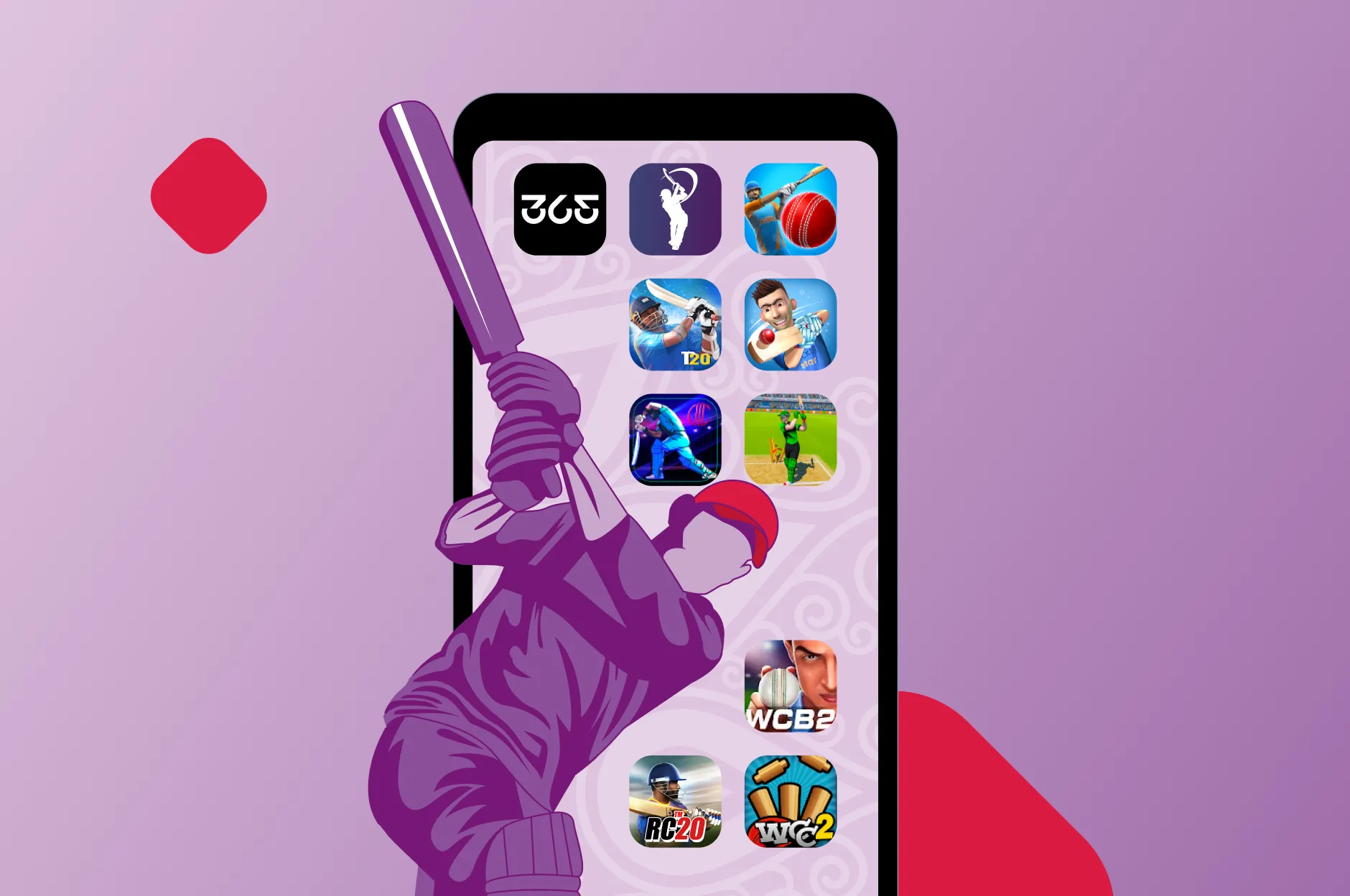

To its dedicated army of fanboys (andgirls) Apple is more than a brand, it’s a bit of a cult. But a recent report byBankMyCell, thesmartphone price comparison site, suggests the allure of the almighty iPhone isin decline.
According to the report, iPhone retentionrates have fallen by 15% in 2019 with more than a quarter of iPhone X usersswitching to Android smartphones when users trade in their old devices.Meanwhile, only 7.7% of Android users are tempted to trade in their devices infavor of an iPhone. This is on the back of a 17% decline in iPhone sales in thefirst quarter of 2018 adding to Apple's woes.
FurtherReading: SmartphoneSales Slump – Has the Bubble Burst?
The biggest winner in this race for smartphone domination is Samsung, with more than 18% of iPhone owners who traded in their devices in June 2019 picking up one of their devices. Another 5.4% of Apple owners swapped their devices for an LG device and 2.2% for a Motorola handset.
Interestingly, the report suggests that 2.1% of smartphone owners didn't know what brand device they were using, suggesting that for many users a smartphone has become a rather generic product where brand is not really important.
WhyIs This Happening?
According to a BankMyCell spokesperson,Apple devices are just not that thrilling anymore, especially when they havebecome so expensive.
It’s not that the latest Apple devices arebad, it’s just that Android devices are now matching them in terms of qualityand typically offer much better value for money.
This is a theory is supported by manyindustry experts.
Speaking to journalists,ArnoldPonela, a research analyst at IDC, said: “Apple is increasingly transformingitself into a luxury brand and consumers are increasingly turning to the arrayof Android devices.
"Apple has always played in the more affluent end of themarket and its iPhones have always carried a premium price over competingsmartphones with similar performance. Apple moved to revamp its device lineupby doubling its offering on thousand-dollar phones, and simultaneously droppingits least expensive models, which has made it clear the vendor is no longer concernedwith appealing to customers of more limited means."
FurtherReading: The RisingCost of Smartphones Creates a Burgeoning Second-Hand Market.
QualityCompetition
While it’s fair to say that Apple products led the market in terms of innovation and quality since the inception of the iPhone in 2007, brands like Samsung, LG, Motorola, and more recently Huawei have really closed the gap.
The choice at the top end of the market interms of screen size and quality, memory, and storage, and the all-importantbattery life means serious smartphone users no longer have to make compromiseson device functionality if they wish to purchase a slightly lower-cost device.
As cutting-edge features have filtered down tothe budget end of the smartphone market (where Apple is nowhere to be seen),Android devices have no competition.
FurtherReading: BRICS: ASmart Future Built on Affordable Devices.
How WillThe Affect The App Industry?
The signs for the Android app economy are incrediblypositive.
As far back as 2017, industry insiders werenoticing a seismic shift in the marketplace with Androiddevices closing the monetization gap withApple. Games developers, in particular, were highlighting how larger,higher-quality screens and faster processing speeds were lifting theirrevenues.
Note:It’s still a long way from a level playing field yet. While Google Play nowdominates the download market, accounting for more than 74% of downloads acrossall devices, consumers typically spend 80% more revenue on iOS devices. This isbecause Apple devices still hold significant market share in more matureeconomies like the United States while Android devices own the global market.While it might take longer for emerging markets like India and Brazil to catchup, due to their massive populations when this happens it will happen fast.
FurtherReading: The IndianSmartphone Market – Already Big but with Plenty of Room for Growth.
Further Reading: Brazil: The App Economy is About to Explode.
BreakingFree from Apple’s Walled Garden
While it would be foolish to ignore therevenue-generating opportunities presented by both the Apple App Store andGoogle Play, it would also be unwise to not talk about the cost of acquiringnew app users through these channels — 30% of any revenues generated over thelifetime of an app.
If you want your app on an Apple device thereis no avoiding Apple's fees. However, there are alternative routes to market onan Android device as famously explored by the Epic Games, the creators ofFortnite.
FurtherReading: Will EpicGames Change The Way Smartphone Users Download Apps?
For organizations who perhaps don’t have themarketing and PR clout afforded by the world’s most popular game (even beforeit reached the Android platform), it is still possible to cut the Google PlayStore out of the equation, reducing acquisition costs and maximizingactivations and revenue earning potential.
Digital Turbine can help you dramaticallyincrease engagement with your apps via a strategy of pre-loading (targetingspecific devices, geographic areas, etc.) and SingleTap™ installs — essentiallyhelping you put your app in front of the right person at the right time.
FurtherReading: Top GameDeveloper Enjoys 7x Lift in Conversion Rates with SingleTap™ Installs.
To learn more about how Digital Turbine can help you reach more people and make more money via the Android app eco-system, talk to one of our app marketing experts today.






.jpg)
